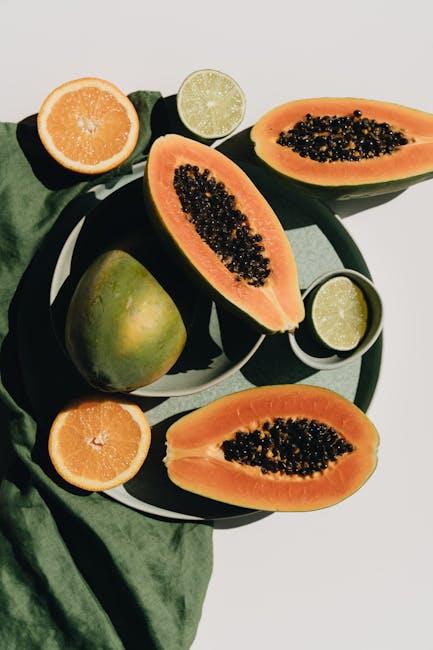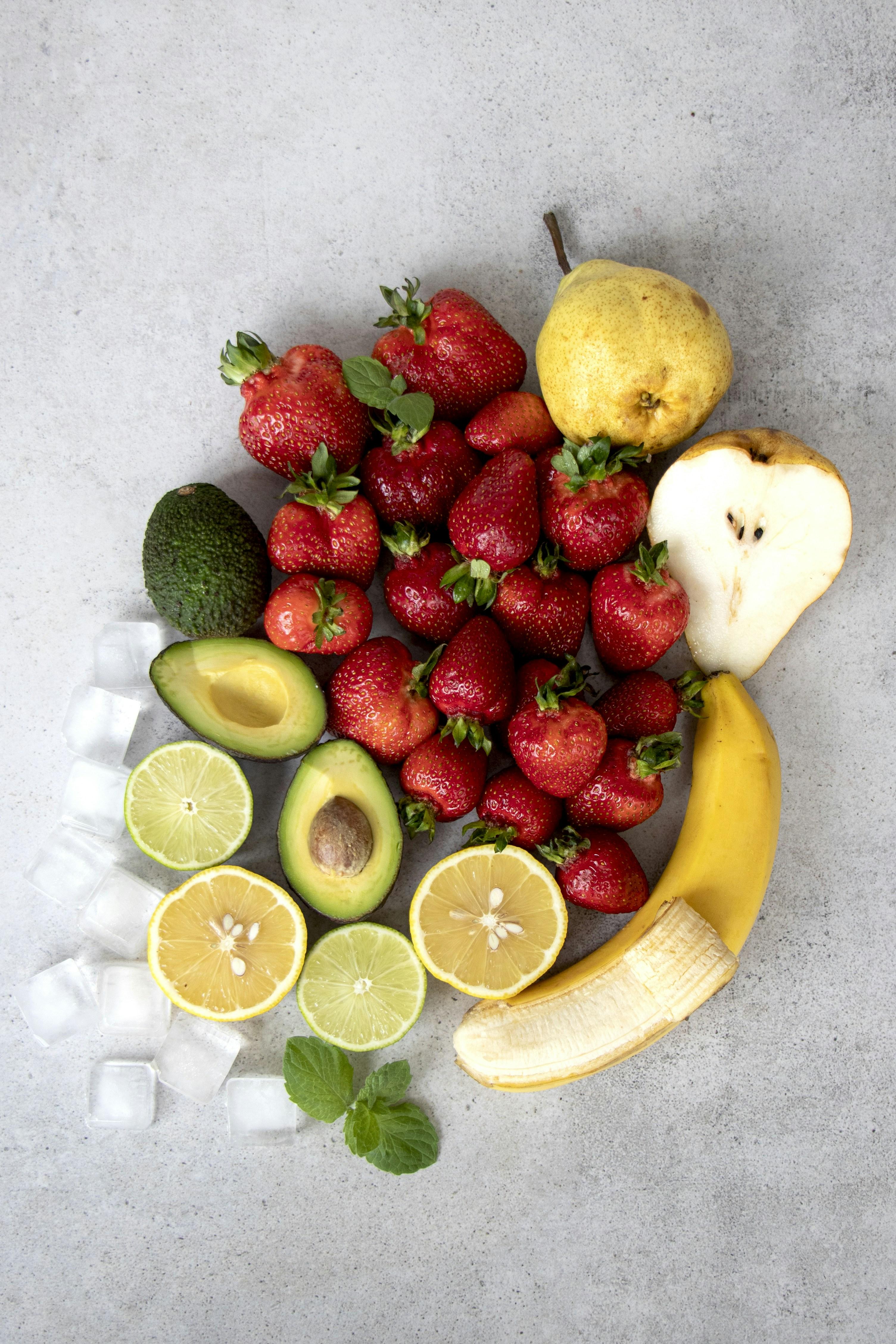In a world where kale smoothies and quinoa salads reign supreme, the notion of completely eliminating processed foods from our diets has gained traction among health enthusiasts. But is this culinary cleanse truly the path to wellness, or does it overlook the complexities of modern nutrition? As we unravel the layers of this dietary debate, we’ll explore the potential benefits and pitfalls of saying goodbye to convenience foods, seeking a balanced perspective on what it means to eat well in today’s fast-paced world. Join us as we delve into the science, the myths, and the real-life implications of a life free from processed fare.
Exploring the Nutritional Impact of Processed Foods
When evaluating the nutritional impact of processed foods, it’s essential to recognize their diverse nature. While some processed foods can be detrimental to health due to high levels of sugar, sodium, and unhealthy fats, others offer convenience and nutritional benefits. For instance, frozen vegetables, canned beans, and whole-grain bread can be valuable components of a balanced diet. These options often retain nutrients and provide essential vitamins and minerals.
However, it’s crucial to be mindful of certain processed items. Consider limiting foods that are high in added sugars, trans fats, and artificial additives. Look out for items such as:
- Sugary snacks and desserts
- Packaged instant noodles
- Soda and sugary beverages
By understanding the nutritional profiles of processed foods, individuals can make informed choices without feeling the need to eliminate them entirely. Balancing whole foods with selectively chosen processed options can lead to a sustainable and enjoyable diet.

Understanding the Role of Processed Foods in a Balanced Diet
Processed foods often carry a negative connotation, but they play a complex role in our diets. These foods range from minimally processed items like frozen vegetables to highly processed products such as ready-to-eat meals. Understanding their role involves recognizing both their benefits and potential drawbacks.
- Convenience: In our fast-paced lives, processed foods can offer a quick and easy meal solution, saving time and effort.
- Nutrient Preservation: Some processing methods, like canning or freezing, help preserve nutrients that might otherwise be lost.
- Variety and Access: Processing can increase the variety of foods available and make nutritious options more accessible to a wider audience.
While it’s essential to be mindful of added sugars, sodium, and unhealthy fats often found in highly processed foods, completely eliminating them isn’t necessary for everyone. Balance is key, allowing room for processed options that support a diverse and enjoyable diet.

The Benefits and Drawbacks of a Whole Foods Approach
Embracing a diet focused on whole foods can offer a multitude of advantages. Nutrient density is one of the primary benefits; whole foods like fruits, vegetables, nuts, and grains are packed with essential vitamins, minerals, and antioxidants that support overall health. These foods are often lower in calories and free from additives, making them a great choice for those looking to maintain a healthy weight. Additionally, consuming whole foods can enhance digestion and promote a more balanced gut microbiome, thanks to their high fiber content.
However, there are potential drawbacks to consider. Completely eliminating processed foods may lead to a lack of convenience, as whole foods often require more preparation time. This approach can also be more expensive, as fresh produce and organic options tend to cost more than their processed counterparts. Moreover, it’s important to recognize that not all processed foods are unhealthy; some, like fortified cereals or pasteurized dairy, provide essential nutrients that might be missing in a strictly whole foods diet. Balancing whole and processed foods might be the key to a sustainable and enjoyable eating pattern.

Practical Tips for Reducing Processed Foods in Your Diet
- Start Small: Transition gradually by replacing one processed item with a whole food alternative each week. Swap out sugary cereals for oatmeal or opt for fresh fruit instead of packaged snacks.
- Read Labels: Get into the habit of reading ingredient lists. Choose products with fewer ingredients and those you can easily recognize. Avoid items with added sugars, artificial flavors, and preservatives.
- Cook at Home: Preparing meals at home allows you to control the ingredients. Experiment with new recipes using whole foods, and try meal prepping to make it easier during busy weeks.
- Shop the Perimeter: Focus your grocery shopping on the outer aisles of the store where fresh produce, meats, and dairy are typically located. Avoid the center aisles filled with processed items.
- Embrace Whole Grains: Substitute refined grains with whole grains like quinoa, brown rice, or whole wheat pasta. They are more nutritious and provide better satiety.
By making these small, manageable changes, you can significantly reduce processed foods in your diet without feeling overwhelmed. Remember, balance and moderation are key.





